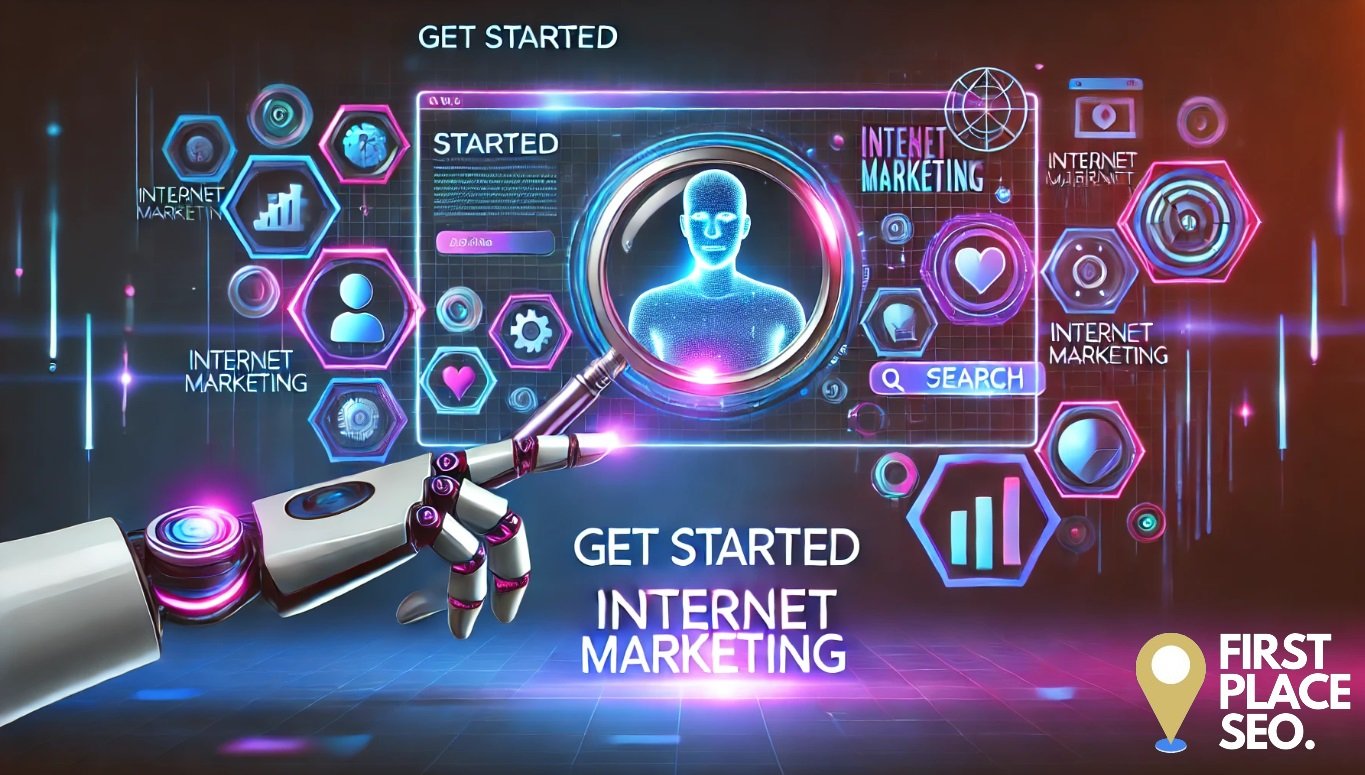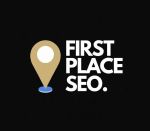How Do I Start Internet Marketing?
Starting Internet Marketing
Starting with internet marketing can seem overwhelming, but breaking it down into manageable steps makes it much easier. This guide will help you understand the essential elements of online marketing and how to get started. By following these steps, you can build an effective digital marketing strategy that reaches your target audience and meets your business goals.
Setting Clear Goals and Knowing Your Audience
The first step is to set clear goals for your internet marketing efforts. Are you looking to increase brand awareness, generate leads, or drive sales? Once you know what you want to achieve, you need to identify your target audience. Understanding who you are marketing to is key for creating campaigns that resonate with them.
Creating a Strong Online Presence
Your online presence is the foundation of your internet marketing strategy. Start by building a professional website. Make sure it is user-friendly, mobile-optimised, and visually appealing. Your website should clearly convey your brand message and provide essential information about your products or services.
Optimising for Search Engines (SEO)
Search Engine Optimisation (SEO) is the process of improving your website to rank higher in search engine results. This involves using relevant keywords, creating high-quality content, and building backlinks. Effective SEO helps increase organic traffic to your site.
- On-Page SEO: Focus on optimising individual pages of your website. Use relevant keywords, meta tags, and internal linking.
- Off-Page SEO: Build backlinks from reputable sites to improve your site’s authority and ranking.
Engaging Content Marketing
Content marketing involves creating and sharing valuable content to attract and engage your audience. This can include blog posts, videos, infographics, and more. The goal is to provide useful information that solves problems for your audience, establishing your brand as a trusted authority.
Using Social Media Marketing
Social media marketing is essential for reaching a broader audience. Platforms like Facebook, Twitter, Instagram, and LinkedIn offer unique opportunities to connect with potential customers. Create engaging content, interact with your followers, and use paid advertising options to expand your reach.
Effective Email Marketing
Email marketing is a powerful tool for nurturing leads and maintaining customer relationships. Build an email list by offering valuable content or incentives. Send regular newsletters, promotional offers, and personalised messages to keep your audience engaged.
Pay-Per-Click (PPC) Advertising
Pay-Per-Click (PPC) advertising allows you to place ads on search engines and social media platforms, paying only when someone clicks on your ad. This method can quickly drive targeted traffic to your website. Google Ads and Facebook Ads are popular platforms for PPC advertising.
Affiliate Marketing
Affiliate marketing involves partnering with individuals or other businesses to promote your products. Affiliates earn a commission for each sale they generate, providing a cost-effective way to increase your reach and sales.
Influencer Marketing
Influencer marketing leverages the popularity of social media influencers to promote your brand. Collaborating with influencers who align with your brand values can help you reach a larger and more engaged audience.
Marketing Automation Tools
Marketing automation tools streamline your digital marketing efforts, allowing you to manage multiple channels more efficiently. Automation can help with email marketing, social media posting, lead nurturing, and more.
Developing Your Digital Marketing Strategy
To succeed in internet marketing, you need a clear strategy. Here’s a step-by-step approach to creating one:
- Research and Analyse: Conduct thorough market research to understand your industry, competitors, and target audience.
- Set SMART Goals: Ensure your goals are Specific, Measurable, Achievable, Relevant, and Time-bound.
- Develop Buyer Personas: Create detailed profiles of your ideal customers to tailor your marketing efforts effectively.
- Choose the Right Channels: Decide which digital marketing channels align best with your goals and audience.
- Create a Content Plan: Outline the types of content you’ll create, the topics you’ll cover, and the schedule for publishing.
- Implement and Monitor: Launch your campaigns and use analytics tools to track performance and make necessary adjustments.
- Optimise and Scale: Continuously optimise your strategy based on data insights and expand your efforts to new channels and audiences.
Tracking and Measuring Success
To determine the effectiveness of your internet marketing efforts, you need to track key metrics. These may include:
- Website Traffic: Monitor the number of visitors to your site and the sources of this traffic.
- Conversion Rates: Measure the percentage of visitors who take the desired action, such as making a purchase or filling out a form.
- Engagement Rates: Track likes, shares, comments, and other interactions on your social media posts and content.
- Return on Investment (ROI): Calculate the financial return on your digital marketing investments.


